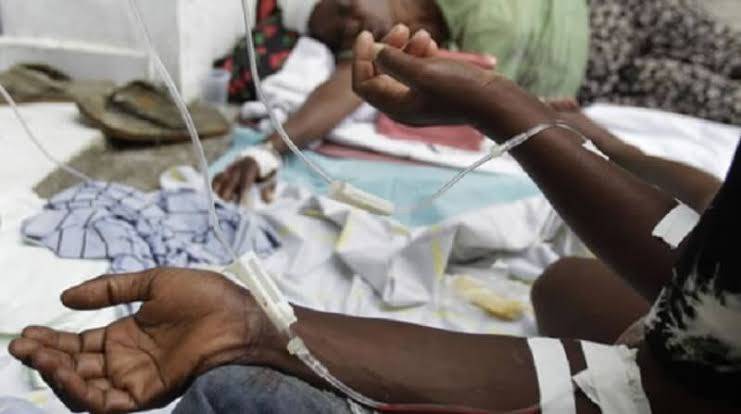Cholera Outbreak Claims 25 Lives In Sokoto, 15 Others Hospitalised
Sokoto State, Nigeria, is reeling from a devastating cholera outbreak that has claimed the lives of 25 individuals and left 15 others hospitalised in critical condition. This tragic incident underscores the urgent need for robust public health interventions and highlights persistent challenges in combating waterborne diseases in vulnerable communities.
Local authorities confirmed the outbreak, which was traced to contaminated water sources in several affected areas. The rapid spread of the disease, marked by acute diarrhea and severe dehydration, has overwhelmed local healthcare facilities, exposing gaps in the state’s emergency response system.
Cholera is a highly infectious disease caused by the bacterium Vibrio cholera . It spreads through the ingestion of contaminated food or water and thrives in environments with poor sanitation and limited access to clean water. Left untreated, cholera can cause death within hours due to severe dehydration.
The outbreak in Sokoto is particularly alarming given the disease's preventable nature. Public health experts stress the importance of access to safe drinking water, proper sanitation facilities, and effective hygiene practices to curb its spread.
Dr. Musa Abdullahi, a healthcare worker in Sokoto, described the outbreak as a "public health emergency," noting that many patients arrived at hospitals in critical condition due to delayed treatment.
"We're seeing cases from rural areas where access to healthcare is limited. Most of these communities rely on unprotected water sources, making them highly susceptible to cholera," Dr. Abdullahi explained.
A survivor, Fatima Usman, recounted her harrowing experience: "I thought I was going to die. The vomiting and diarrhea were relentless. It was only by God’s grace and quick treatment that I survived."
The Sokoto State Ministry of Health has launched an emergency response, deploying medical teams to affected areas and establishing temporary treatment centers. Officials have also initiated awareness campaigns to educate residents about the importance of boiling water, proper handwashing, and seeking immediate medical attention for symptoms.
Despite these efforts, healthcare workers face significant challenges, including inadequate medical supplies and a shortage of trained personnel. Non-governmental organizations (NGOs) and international partners have been called upon to provide technical and financial support to strengthen the state’s response.
While immediate measures are critical, experts emphasize the need for long-term solutions to prevent future outbreaks. Investments in infrastructure, such as boreholes, water treatment plants, and improved waste management systems, are essential.
Dr. Aisha Mohammed, a public health expert, stated, "Cholera is a symptom of deeper systemic issues. Without addressing the root causes — poverty, lack of infrastructure, and limited health education — we will continue to see these tragic outbreaks."




No comments yet
Be the first to share your thoughts!